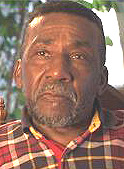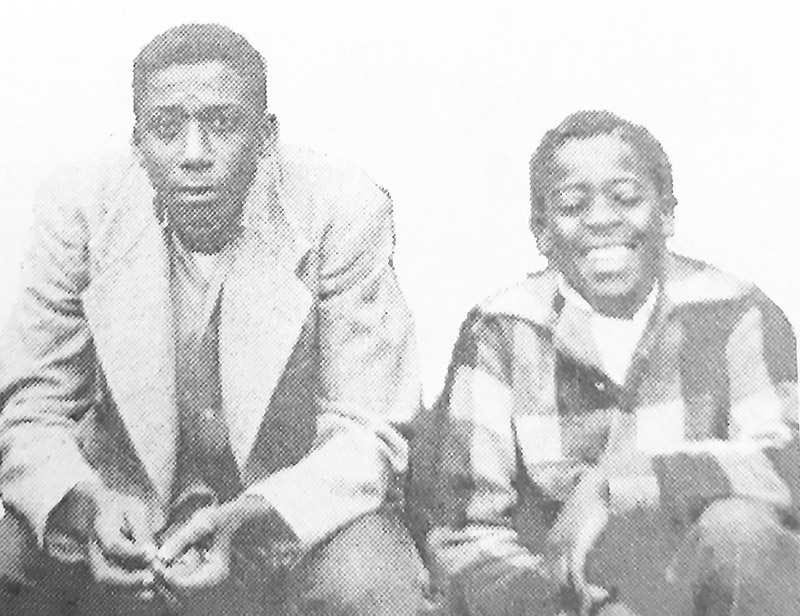Alfred Williams, member of ‘Clinton 12,’ dies at 83
Alfred Williams said he was “no hero.”
Williams, one of the “Clinton 12,” died last Thursday, March 14, 2019, at The Waters Nursing and Rehabilitation Facility in Clinton.
Services for Williams will be held Saturday, March 23, 2019, at Mt. Sinai Baptist Church in Clinton, with the family reieived friends from noon – 1 p.m. A funeral service will follow.
In 1956 Williams and 11 other African-American students were the first to attend an all-white public school in the south. Williams’ story of his year at Clinton High School is both tragic and inspiring.
In an interview with The Courier News in 2006 Williams spoke of his time at Clinton High School: The abuse from white students who shoved him against lockers, threw things at his head, and called him “N*****.” He said that the kindness of teachers saw him through most of that year.
Born in Anniston, Ala., he and his brother, Maurice, went to live with relatives in Oak Ridge following his mother’s death. He said education was a mainstay in his family.
After finishing grammar school at Green McAdoo he attended Vine Junior High in Knoxville, then Austin High School in Knoxville, until the Anderson County Board of Education elected to follow the law and desegregate Clinton High School.
After taking abuse in the school’s halls for most of a year Williams was expelled when he pulled a knife when a group of white kids had surrounded his younger brother, Maurice.
“We’re going to kill him,” Williams recalled one of the kids saying.
The white kids scattered when Williams pulled the knife and when word got back to school authorities, Williams was suspended.
After taking a year of abuse, Williams recalled in 2006, he had nothing to show for it.
“I had that temper,” he said. “I still have that temper, but I can pass it up now.”
That one outburst, that single instinct of protecting his brother, cost him dearly and it could have turned his future into something other than it was. But Williams found love.
Williams worked at “various jobs,” he said, then met his wife, Vera. Though they had no children of their own, Williams would find children — hundreds and hundreds of children — whom he would influence and have an impact on in his later years. In the mid-1990s he found janitorial work with the Clinton City School System.
On Fridays he handed out candy to the students and he was often asked to speak to classes about his life experiences.
In 2006 Williams explained his relationship with those around him, about his world view: “How can I love God and not love you?”
Williams said in 2006, “I’m not a hero. I had something to do. I had no alternative but to go to school.”




